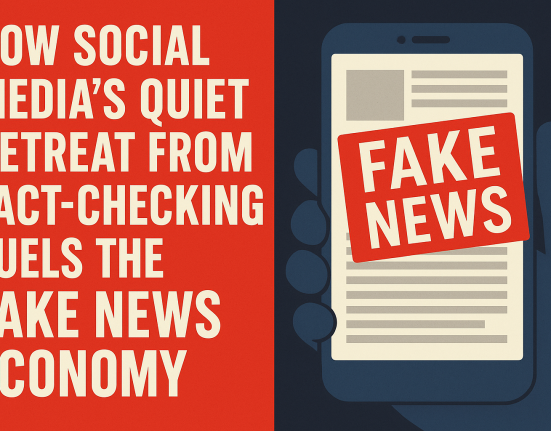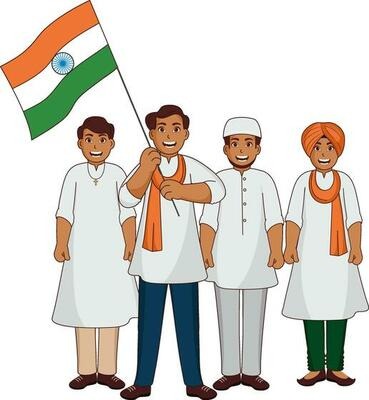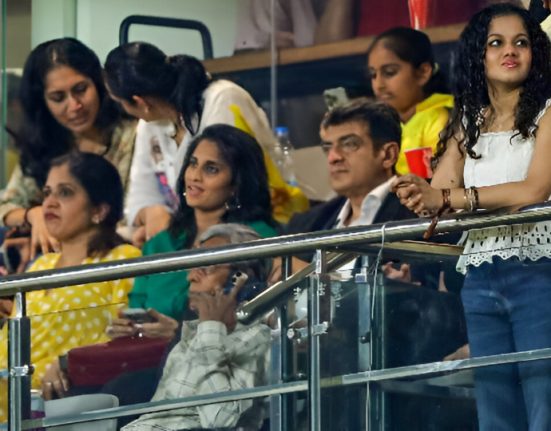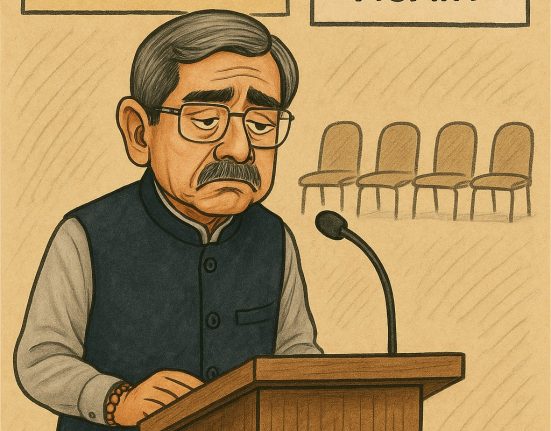The recent terrorist attack in Pahalgam, Jammu and Kashmir, which killed nine innocent pilgrims and injured dozens more, has once again underscored the deep vulnerabilities that persist in the Valley. But what has followed in the aftermath is equally disturbing — a brazen attempt by sections of society, aided and abetted by political actors and an irresponsible media ecosystem, to turn grief into a weapon and pitch one community against another.
The attack, reportedly on a bus of pilgrims returning from the Amarnath Yatra, was swiftly condemned across the political spectrum. Yet, within hours, social media platforms were flooded with hate-filled messages, targeting Muslims across the country. That the assailants remain unidentified did not deter online and offline right-wing mobilisations from communalising the tragedy. In cities like Delhi, Ujjain, Jaipur, and Ranchi, there have been verified instances of Muslim vendors being harassed, social media users calling for economic boycotts, and mobs raising incendiary slogans under the guise of seeking “justice.”
This pattern, by now, is familiar. A heinous act of terrorism — often before any credible investigation is concluded — is quickly converted into a pretext for Islamophobia. Rather than focusing on state failure or security lapses, the discourse pivots to collective blame. And in the process, the very constitutional ethos that distinguishes democratic societies from theocracies is undermined.
Manufactured Outrage, Real Consequences
The prime minister, home minister, and senior BJP leaders were quick to denounce the Pahalgam attack. Yet, their messaging fell short of calling out the communal vitriol that erupted in its wake. No appeal was made for calm. No statement sought to reassure Indian Muslims who, once again, found themselves cornered and vilified for an act committed by unknown assailants.
In fact, in several BJP-ruled states, protests ostensibly organised to condemn the killings turned into anti-Muslim mobilisations. VHP and Bajrang Dal rallies raised slogans that had little to do with peace or justice. Mosques in some towns were defaced, and threats were issued to Muslim shopkeepers. This was not simply a social media outrage cycle. It was a well-orchestrated performance, fuelled by ecosystem actors who habitually conflate terrorism with a particular faith.
This distortion has long served the majoritarian political project. As political scientist Christophe Jaffrelot has noted, communal violence in India often follows a familiar logic: a triggering event, selective outrage, polarising narratives, and, finally, consolidation of Hindu votes through fear-mongering. The Pahalgam attack appears to be another chapter in that well-worn script.
From Grief to Ghettoisation
That this collective punishment of Indian Muslims has become routine is not just a reflection of mob psychology — it is the outcome of sustained state complicity. In 2022, following the Udaipur and Amravati murders — both of which were attributed to fringe Islamist radicals — Muslim communities in other states were subject to punitive bulldozer demolitions, detentions, and mass surveillance. The message then was clear: collective criminalisation has replaced rule of law.
The Pahalgam attack threatens to expand this template further. Already, we have seen instances where Muslims working in Amarnath Yatra logistics — pony wallahs, porters, and hoteliers — have been boycotted or dismissed. Reports from Anantnag and Pahalgam speak of local Muslim workers, who for decades have facilitated the Yatra, being treated with suspicion or being accused of aiding militants — all without evidence.
These are not isolated excesses. They are part of a pattern where citizenship is made conditional, where Indian Muslims are treated as suspects-in-waiting unless they repeatedly prove loyalty. The toxic aftermath of the Pahalgam attack has laid this bare.
Who Benefits From Polarisation?
It is no coincidence that the Pahalgam attack and its communal fallout comes at a time when the ruling party is looking to recover from recent electoral setbacks. In the 2024 Lok Sabha polls, the BJP fell short of a majority and saw its polarising pitch rejected in many states. The social justice plank of the opposition — built on caste census, employment, and welfare — forced a shift in narrative.
But nothing distracts like communal hate. In the days following the attack, leading television news anchors abandoned restraint and returned to their favourite theatre — breathless, unverified accounts about ‘jihadi sleeper cells’, demand for NRC-type crackdowns, and spectacles designed to inflame, not inform. If anything, this media mobilisation helped shore up the BJP’s ideological narrative, even as it sidestepped the core question — how did such a high-profile terror strike take place despite increased militarisation of the Valley since Article 370 was revoked?
Rather than interrogate security lapses, or demand accountability from intelligence agencies, or question the political outcomes of the government’s ‘Naya Kashmir’ doctrine, the media’s role has been to reroute public anger towards India’s largest minority.
The Tragedy of Dehumanisation
Indian Muslims have lived through decades of suspicion and marginalisation. But what is new in this phase is the institutionalisation of that bigotry. As the Pahalgam fallout shows, a section of society has now internalised the idea that Muslims must routinely ‘prove’ their nationalism, disown terror acts loudly, and accept punitive treatment in silence. Any attempt to highlight this discrimination is, in turn, branded as ‘appeasement’ or ‘victimhood’.
This is the precise logic of collective dehumanisation. The individual ceases to matter. Context is discarded. The fact that Muslims were themselves victims of terrorism in Jammu and Kashmir is forgotten. The stories of Kashmiri Muslims sheltering pilgrims, guiding them to safety, or risking their lives in the aftermath of the attack, receive no space in the national discourse.
That silence is not incidental — it is the silence of erasure. A silence that allows the Hindu right to sustain its binary: ‘they’ kill, ‘we’ mourn. That the BJP government has done little to counter this narrative shows how embedded this polarisation has become in its political calculus.
A Moment of Reckoning
In the days ahead, the need for democratic forces to intervene is urgent. Political parties across the aisle must not just condemn the Pahalgam attack, but also reject the hate it has spawned. Civil society must document and resist the targeting of Muslims. The judiciary must hold the line when state excesses seek to override fundamental rights.
Above all, the media must remember its role is not to stoke communal fires but to inform, question, and humanise. Terrorism has no religion. But if we continue to allow religious hatred to dictate our response to such tragedies, then we are surrendering the very soul of the Republic to the hands of those who thrive in fear.
The tears shed for the victims in Pahalgam must not drown the cries of injustice that have followed. One does not honour the dead by turning on the living.








Leave feedback about this